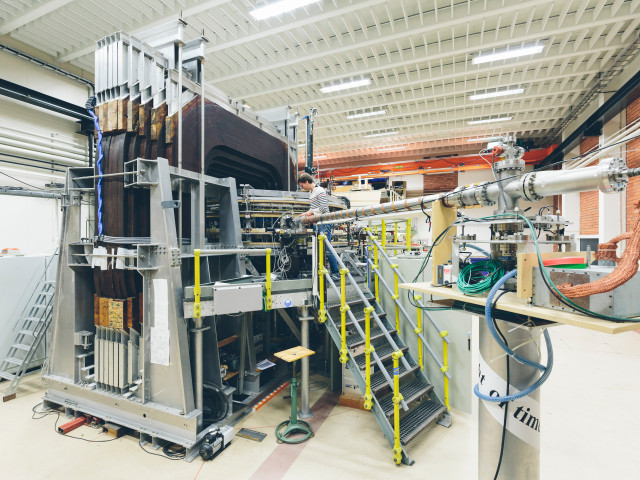General metrology and error analysis, photometry, optical detectors, holographic metrology, telecentric systems. perspective, velocity and flow measurements, optical fibers and fiber sensors, interferometry.
SK2350 Optical Measurement Techniques 6.0 credits
This course will be discontinued.
Last planned examination: Spring 2027
Decision to discontinue this course:
No information inserted
Information per course offering
Course offerings are missing for current or upcoming semesters.
Course syllabus as PDF
Please note: all information from the Course syllabus is available on this page in an accessible format.
Course syllabus SK2350 (Spring 2022–)Content and learning outcomes
Course contents
Intended learning outcomes
With the previous courses in optics and waves as a background, the goal in this course is to specialize within chosen parts in modern optical physics, with consideration of the special aspects in metrological applications within industry and research.
After the course, the student should be able to:
- identify physical measurement problems where optics can be applied
- estimate forced metrological compromises and also be able to carry out some basic measurement tasks.
Furthermore, the goal is to establish a personal contact between the student and the labour market for Masters of Engineering specializing in optics.
Literature and preparations
Specific prerequisites
Basic knowledge in classical optics SK1120 (Waves, 6 credits) and SK2300 (Optical physics, 6 credits) or equivalent.
Recommended previous knowledge:
SK2301 (Optical physics, 3 credits).
English B / English 6
Equipment
Literature
Examination and completion
If the course is discontinued, students may request to be examined during the following two academic years.
Grading scale
Examination
- INL1 - Hand in Assignments, 6.0 credits, grading scale: P, F
Based on recommendation from KTH’s coordinator for disabilities, the examiner will decide how to adapt an examination for students with documented disability.
The examiner may apply another examination format when re-examining individual students.
Other requirements for final grade
Examination by hand in assignments (INL1; 6 credits, grading scale P/F).
Opportunity to complete the requirements via supplementary examination
Opportunity to raise an approved grade via renewed examination
No
Examiner
Ethical approach
- All members of a group are responsible for the group's work.
- In any assessment, every student shall honestly disclose any help received and sources used.
- In an oral assessment, every student shall be able to present and answer questions about the entire assignment and solution.